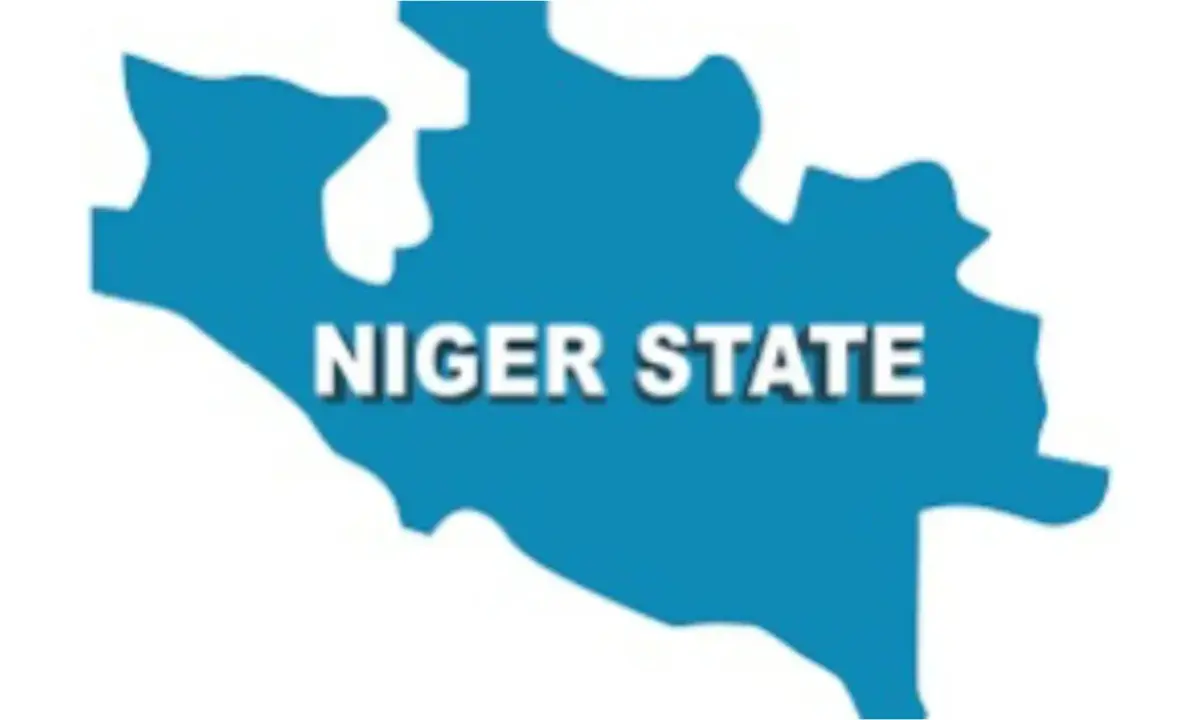Events at the Federal Polytechnic, Bida, Niger State, have taken a tense turn as the institution’s Governing Council decided to halt all activities of the Academic Staff Union of Polytechnics (ASUP), Bida chapter. This move comes in the wake of an indefinite strike by academic staff that left ongoing examinations in disarray and triggered concerns around security on campus.
The Background: How Tensions Escalated
The root of the dispute dates back over a year. Lecturers represented by ASUP have been demanding payment of excess workload allowances, which they claim have remained unpaid for 18 months. With mounting frustration, and feeling sidelined by the institution’s administration, the union leadership instructed its members to stop participating in examinations and vacate the school’s premises. This collective action aimed to highlight what they described as intimidation from the management and neglect of their welfare.
The Governing Council’s Response
Seeking to restore order, the Governing Council announced the suspension of the union’s activities, citing increased tension and what it described as “an escalating negative security report.” Registrar Hussaini Enagi, speaking on behalf of the council, released a statement urging all union members to strictly comply with the new directive. The council’s decision reflects wider concerns about maintaining safety and preventing further disruption on campus, especially with examinations unfinished and students left in uncertainty.
Union’s Stand: A Fight for Rights
The leadership of the union has been vocal in the wake of these developments. ASUP Bida chapter chairman, Kolo Joshua, insists that the strike and boycott were agreed upon collectively by members. “Our struggle is legitimate, anchored on justice, and protected under the relevant labour laws,” he emphasized, reaffirming the union’s stance that the demand for improved welfare and respect from management is both lawful and necessary.
Administration Calls for Calm
While the union stands its ground, efforts are being made by the institution’s top administrators to minimize the fallout. Rector Dr. Baba Haruna appealed for understanding, urging the union to recognise the rights of staff willing to continue working and not participate in the strike. The governing council, meanwhile, called on academic staff to put the needs and futures of students first and consider returning to duty so that examinations and academic activities can resume.
Reactions Beyond Bida: National Body Speaks Out
The suspension of the local ASUP chapter drew immediate response from the union’s national leadership. Shammah Kpanja, ASUP’s National President, described the council’s decision as disturbing. He expressed particular concern over images circulating on social media, reportedly showing soldiers present on the school’s campus to supervise what appeared to be examinations. “We note with displeasure the purported suspension of union activities by the governing council, as well as the embarrassing pictures and videos of soldiers supervising an activity purporting to mean an examination in the polytechnic,” Kpanja remarked.
He assured members nationwide that the union’s national leadership is solidly backing the Bida chapter. The union is reportedly preparing to engage with relevant authorities at higher levels to seek a resolution, arguing that the actions of the governing council set a troubling precedent for staff welfare and union rights in tertiary institutions across Nigeria.
Student Voices: Academic Progress on Hold
For students of Federal Polytechnic, Bida, the impasse is more than just a policy dispute—it’s a direct threat to their academic progress. Many expressed frustration and anxiety as their exams are interrupted, and their prospects for timely graduation become uncertain.
- “We just want to write our exams and finish school,” said one engineering student, who wished to remain anonymous.
- “This back-and-forth between management and lecturers affects us the most. I hope they find a solution soon,” another student commented.
Wider Impact: What Could This Mean for the Polytechnic Sector?
Strikes by academic staff are not new to Nigerian higher education. However, the outright suspension of a union’s activities carries broader implications. According to Abuja-based labour analyst, Sola Adeyemi, “If this approach becomes a trend, it could weaken the ability of lecturers to negotiate collectively and address real welfare issues.” Adeyemi also notes the risk of lingering discontent undermining teaching quality and student outcomes if school authorities and unions do not find common ground.
Complicating the matter further is the involvement of security agencies in the administration of exams—a step that, while intended to maintain order, has sparked questions about academic freedom and the role of law enforcement in civil disputes on Nigerian campuses.
Looking to the Future: Navigating the Path Forward
As the situation unfolds, education stakeholders both locally and nationally are watching events at Bida closely. There have been calls from alumni associations, community leaders, and student bodies for dialogue and a transparent process to address staff grievances. Many believe this is the only way to restore trust and stability, not just at Bida, but across Nigeria’s polytechnic and tertiary education sector.
Experts also highlight the importance of timely payment of entitlements and open communication channels between unions and management. With unemployment rates high and technical education increasingly vital for job creation in Nigeria and across West Africa, disruptions to academic calendars can have lasting socio-economic consequences.
Global Perspective: Solidarity and the Right to Organise
The dispute at Bida echoes similar struggles in other African and global settings, where tensions between staff unions and educational authorities continue to test the boundaries of staff welfare, management powers, and the right to organize. International labor conventions, to which Nigeria is a signatory, typically guarantee the right of workers to form and join trade unions—a principle many watch keenly in sensitive cases such as this.
Conclusion: The Stakes for All Parties
As dialogue continues—or stalls—between the management of Federal Polytechnic, Bida, and lecturers under ASUP, the immediate concern remains for thousands of students whose futures are now in limbo. How this conflict is resolved will likely shape labour relations in Nigerian higher education for years to come, influencing the expectations of both academic staff and administrators nationwide.
What lessons should be drawn from this latest standoff? Will dialogue and respect for welfare concerns prevail, or will campuses across Nigeria witness more confrontations in the months ahead?
What’s your opinion on the ongoing strike at Bida Polytechnic? Should unions have the right to down tools, or do students’ interests come first? Let us know your thoughts in the comments and stay tuned for more updates.
For general questions, contact support@nowahalazone.com.
Follow us for real-time updates, student stories, and national education news on Facebook, X (Twitter), and Instagram.
We’re building a community for students and staff—join the conversation!










